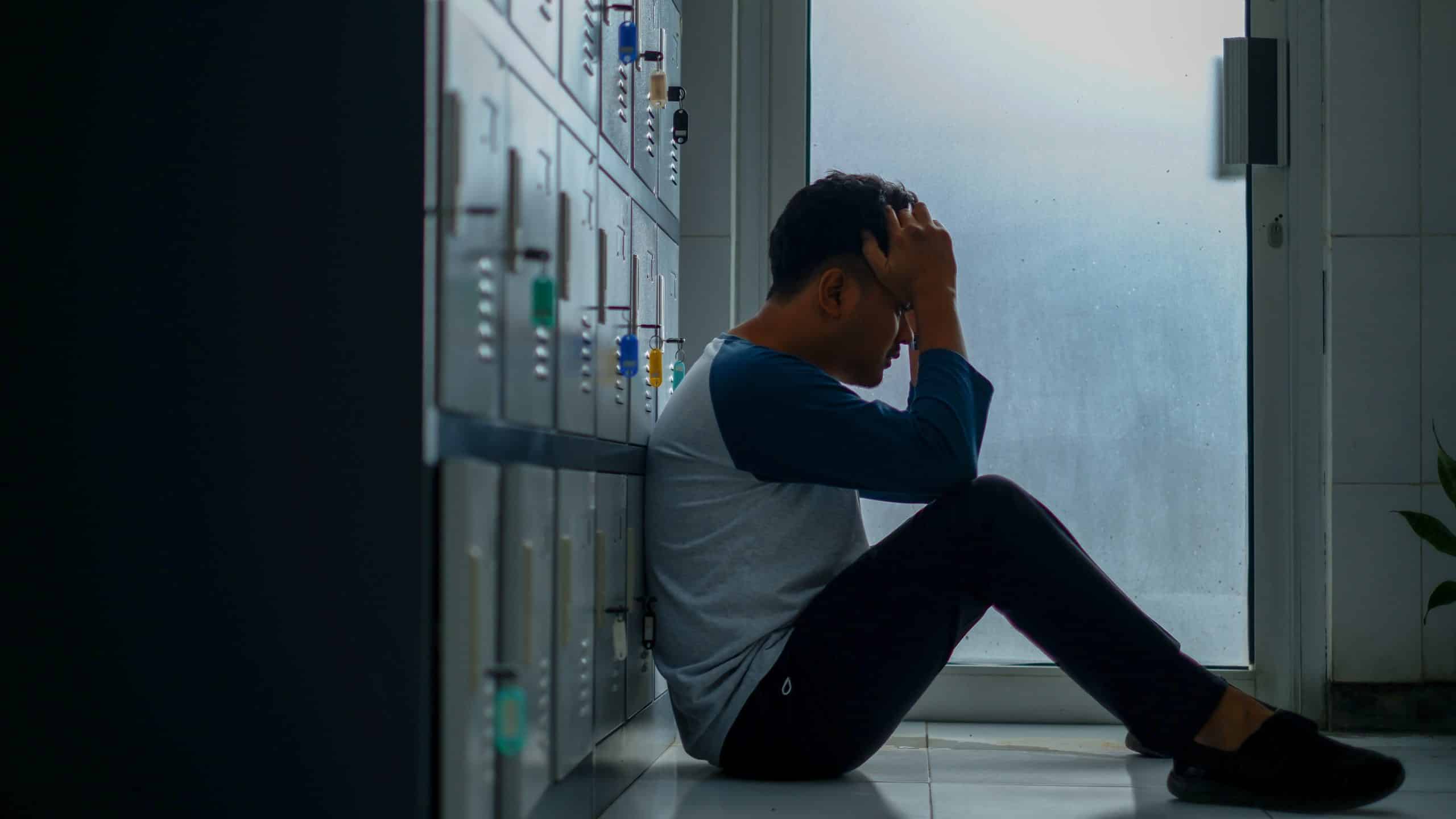Studies into substance abuse in college students have correlated early drug abuse and abuse problems in later life. However, what drives teens to use drugs in college, and how bad is the problem?
Drug Abuse and College
College is supposed to be a time of self-discovery and, for many young people, their first time living away from home. Sadly, college for most teens isn’t the first time they will have come into contact with drugs.
Although drugs are prevalent in this environment, many more teens are exposed to drug culture to help them navigate college life.
Most Common Drugs Used By College Students
Studies have found that marihuana abuse is more common for those aged 21-22, while more than 20% of college students surveyed had been exposed to cocaine while on campus.
However, an increasingly large number of college students are becoming addicted to prescription opioids or painkiller abuse, which sadly is a leading cause of death by overdose in those aged 18-25.
Microdosing has become a trend in recent years. Micro dosing is taking just enough to have a negligible effect but nothing too noticeable. MDMA and ecstasy are also becoming more popular with the college-aged population, with more students using them out of curiosity.
The same survey by the National Institute on Alcohol Abuse and Alcoholism (NIAAA) indicated that while drugs appear to be freely available in college, alcohol abuse is still a big problem for this age range, with many students not realizing they have moved past social drinking to a more dependent nature.
Students see drinking alcohol at college as almost a rite of passage, but this isn’t their first experience with drinking heavily. Some students arrived at college with pre-existing alcohol dependency issues.
The Effects of Substance Abuse on College Students
Students typically take drugs or alcohol to help them relax, enjoy themselves, and to help them keep up with the demands of college life and pressure. Sadly, in some cases, this can lead to substance abuse and will end up detrimental to their life and health moving forward.
From decreased focus and attention leading to failed classes or courses to the loss of income due to being able to hold down a job or internships during this time to a loss of their reputation amongst their peers as well as harming family relationships. Students with a history of drug or alcohol abuse are more at risk of suffering from mental health issues if they don’t already as well as a set of physical health issues such as weight loss or gain, lack of energy, skin conditions, and more.
Moving forward, substance abuse can follow them into adult life past college and impact their ability to live their life, gain employment, and lead to many physical and mental health issues.
There is help available for students who are worried about substance abuse, and in many cases, they may be covered on their parent’s insurance for rehab treatment. For students, it is essential to address the root cause of their addiction.
A unique approach that uses modern and traditional addiction treatment methods can help achieve sobriety and avoid further addiction problems in the future. Whether they choose inpatient treatment to help them overcome their substance abuse or opt for partial hospitalization or outpatient treatment, ensuring you select the suitable treatment facility can help teens overcome addiction issues and get their lives back on track.


